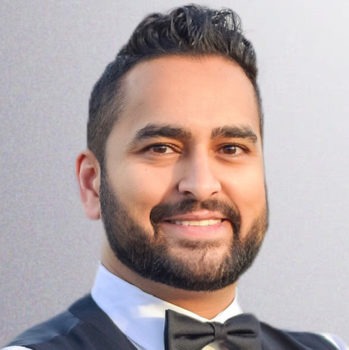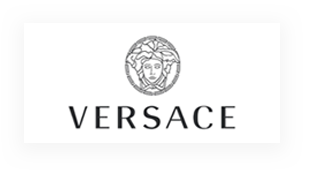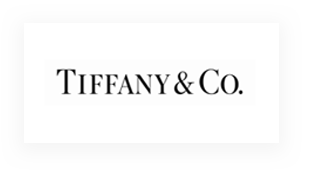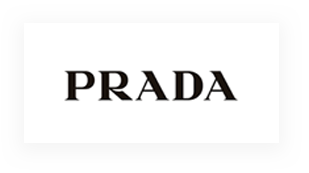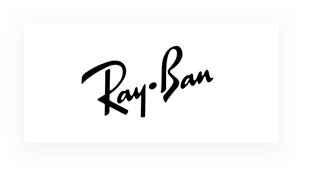
Can What You Eat Really Help Your Eye Health?
In addition to regular eye exams, a well-balanced diet can help ensure good eye health. Just like proper nutrition is important for the rest of your body, proper ocular nutrition is important for your ocular health. A balanced diet containing a variety of healthy foods is a great start, but there are also key nutrients and foods you can choose that your eyes will thank you for.
Cold Water Fish
Key nutrient: Omega-3 fatty acids
Coldwater fish like trout, flounder, halibut, herring, salmon, and sardines are a great source of omega-3’s. Omega-3 fatty acids, particularly DHA and EPA, are great for your eye health. These fatty acids are neuroprotective and help keep your retina healthy.
More specifically, omega-3 fatty acids can moderate inflammation and vascularization, which are elements of eye disease like age-related macular degeneration. Omega-3’s can also aid in the treatment of dry eye. Supplements containing omega-3’s are often recommended to dry eye patients.
Citrus Fruits
Key nutrient: Vitamin C
Vitamin C is required for the synthesis of collagen, which is an important structural component of our eyes. Vitamin C is also a very effective antioxidant and protects essential molecules in the body from damaging free radicals. The eye has a high metabolic rate, which means it has an added need for antioxidant protection.
When you think of vitamin C, you probably think of citrus fruits like oranges or orange juice. While they can be a great source of vitamin C, you can also get your daily dose from fruits like strawberries, kiwis, and other citrus fruits like lemon and grapefruit.
Sunflower Seeds
Key nutrient: Vitamin E
Vitamin E is another antioxidant that helps protect your eyes from free radicals. It is especially good at protecting tissues with a large number of fatty acids, like the retina. Aside from sunflower seeds, you can also find vitamin E in nuts like peanuts and almonds and certain oils like safflower oil, wheat-germ oil, and soybean oil.
Eggs
Key nutrient: Vitamin A
Vitamin A is an essential nutrient for eye health. It’s essential to maintaining your eyes’ photoreceptors or light-sensing cells. Vitamin A is so important that Vitamin A deficiency is the leading cause of preventable blindness.
Blindness from vitamin A deficiency usually only occurs in children who are severely malnourished, but it’s an important nutrient for everyone. You can find high levels of vitamin A in egg yolks, liver, and milk products.
Carrots, Pumpkin, & Sweet Potato
Key nutrient: Beta-carotene
Beta-carotene is an orange pigment found in a variety of fruits and vegetables. It’s an important nutrient for eye health because it’s converted into vitamin A in the body, another nutrient that is crucial for your eyes. One study, the AREDS1 trial, found that beta-carotene can help reduce the risk of developing age-related macular degeneration. If you’re looking to increase your beta-carotene intake, dark orange veggies, as well as cantaloupe, sweet red pepper, kale, and spinach, are good sources.
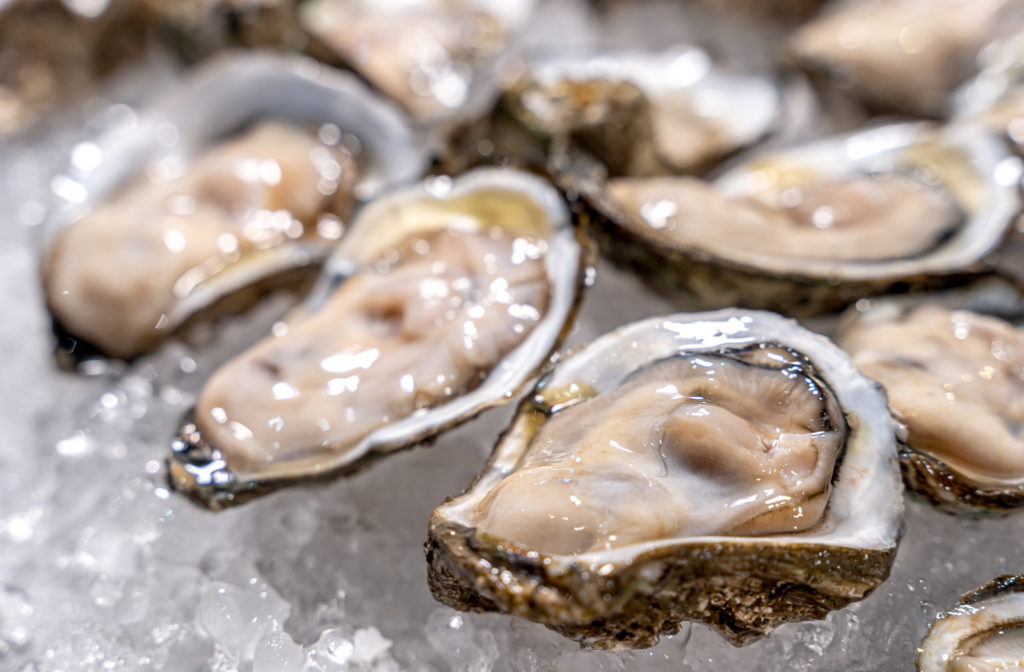
Oysters
Key nutrient: Zinc
Zinc is an essential trace mineral and it is very concentrated in the eye, largely in the retina. It’s sometimes referred to as a “helper molecule” as zinc plays a vital role in bringing Vitamin A from the liver to retina in order to produce melanin (a protective pigment found in the eyes and skin).
Zinc absorption is lower in vegetarians, so if you’re vegetarian you can get extra zinc from fruit, yogurt, milk, peanuts, and cashews. If you’re not a vegetarian you can find zinc in Dungeness crab, pork, and dark turkey and chicken meat.
Kale & Spinach
Key nutrients: Lutein and zeaxanthin
Out of the 30 carotenoids found in the body, lutein and zeaxanthin are the only 2 found in the eye. More specifically, lutein and zeaxanthin are found in the lens and retina working as antioxidants. They are especially concentrated in the macula (the central area of the retina) and can help limit oxidative damage to the retina and reduce the risk of age-related macular degeneration.
To reduce the risk of age-related macular degeneration, lutein and zeaxanthin need to be consumed in high amounts. High amounts of lutein and zeaxanthin can be found in broccoli, corn, and brussel sprouts.
Water
While water is technically not a nutrient, it’s essential to your overall health and your eye health. Drinking enough water can prevent dehydration, which can affect your entire body. Proper hydration can even help alleviate dry eye symptoms as water is an important part of the tears that keep our eyes moisturized.






